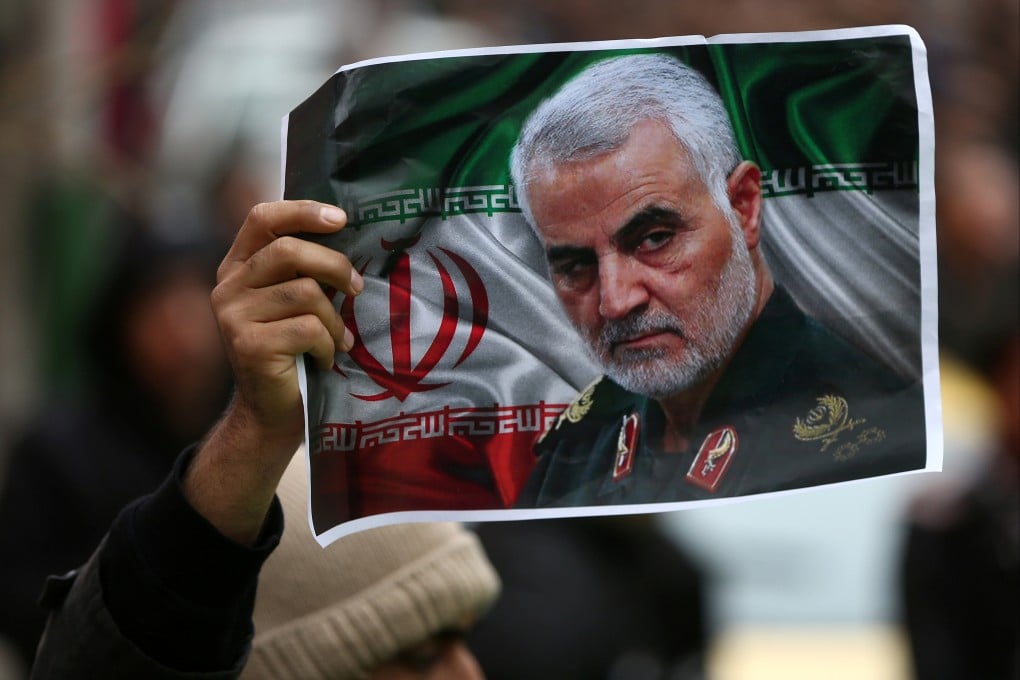Letters | Two years on, the killing of General Soleimani by US air strike still lacks justification
- The United States carried out the assassination in Iraq without its permission and despite there being no imminent threat of an armed attack

At the Iraqi government’s request, General Soleimani had been appointed by the Iranian government to help the Iraqi and Syrian governments battle against Islamic State and other terrorist groups in the region. In fact, ISIS saw General Soleimani as their number one enemy, and his assassination was an American gift to them.
According to Article 51 of the UN Charter, a UN member state can take actions in self-defence if “an armed attack occurs” against it. Customary international law and international jurisprudence say self-defence cannot be invoked either to prevent a threat from arising or in retaliation for past events. It can be applied only against a threat that is already present and “instant, overwhelming and leaving no choice of means, no moment of deliberation”.
In addition to imminence, state action must meet two other requirements under jus ad bellum: necessity and proportionality. Even after two years, the details of the US strike don’t meet these requirements. The Iraqi prime minister said Soleimani was going to meet Iraqi authorities to seek their mediation for de-escalation of tensions in the region.